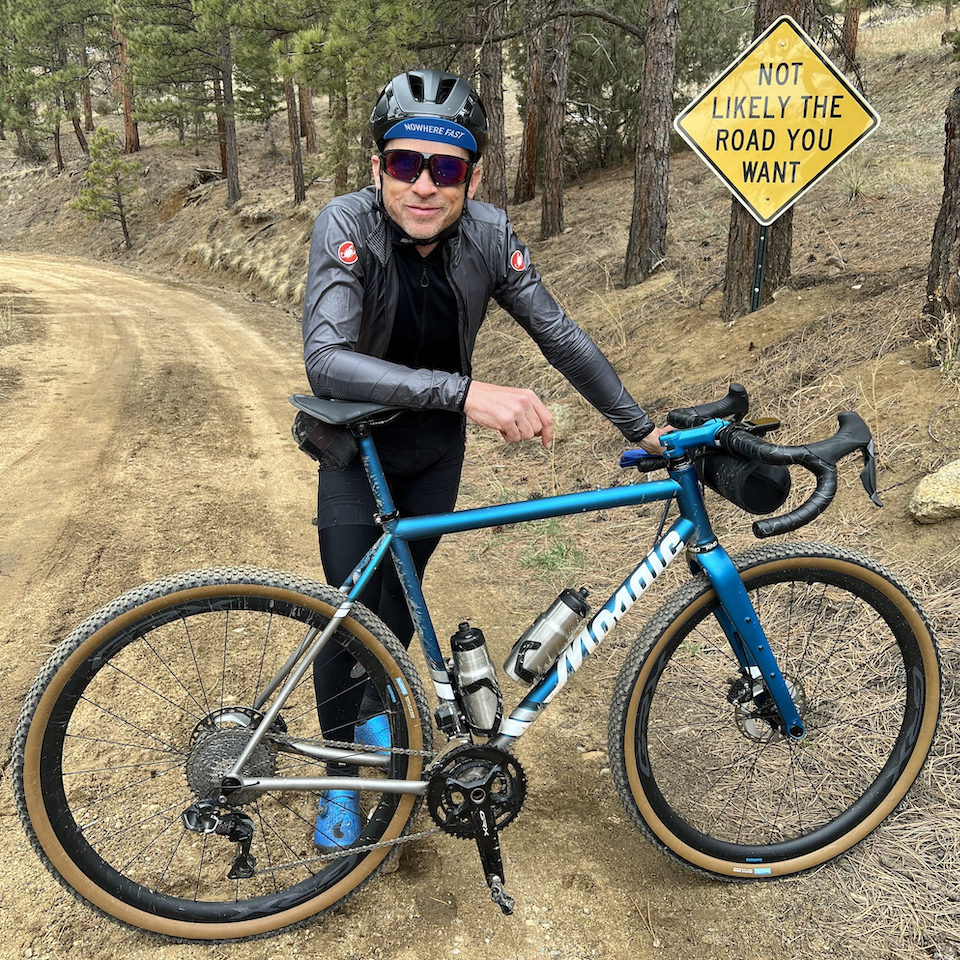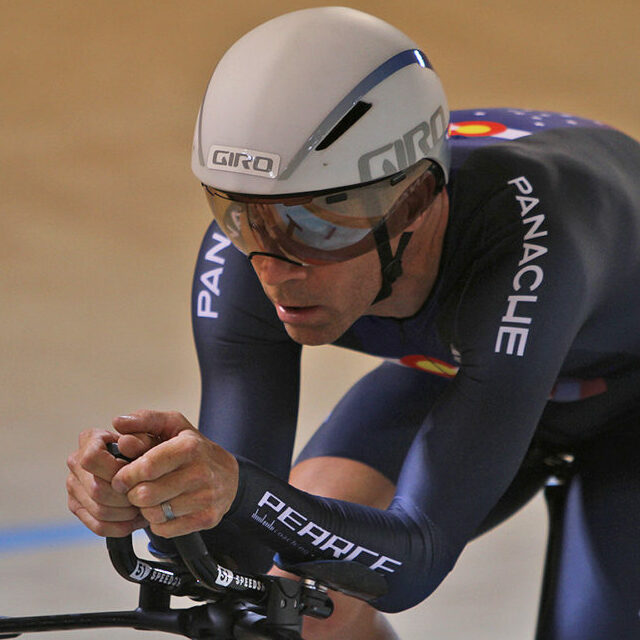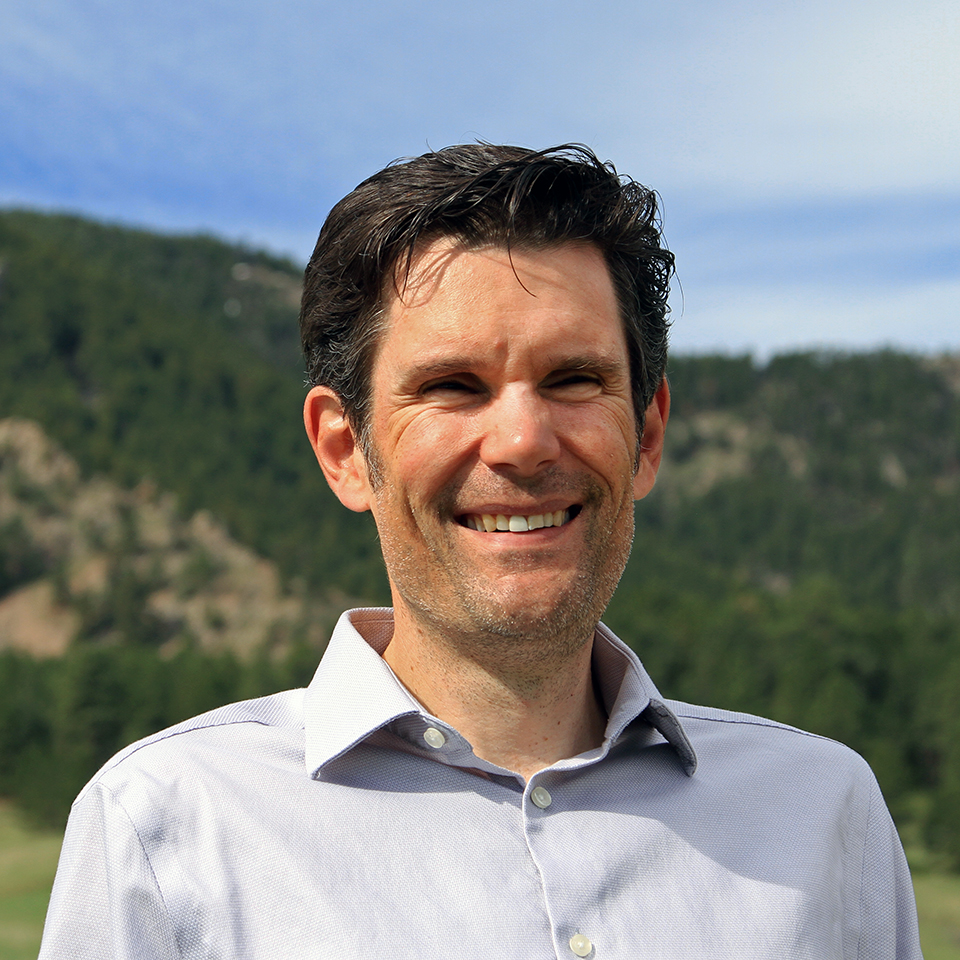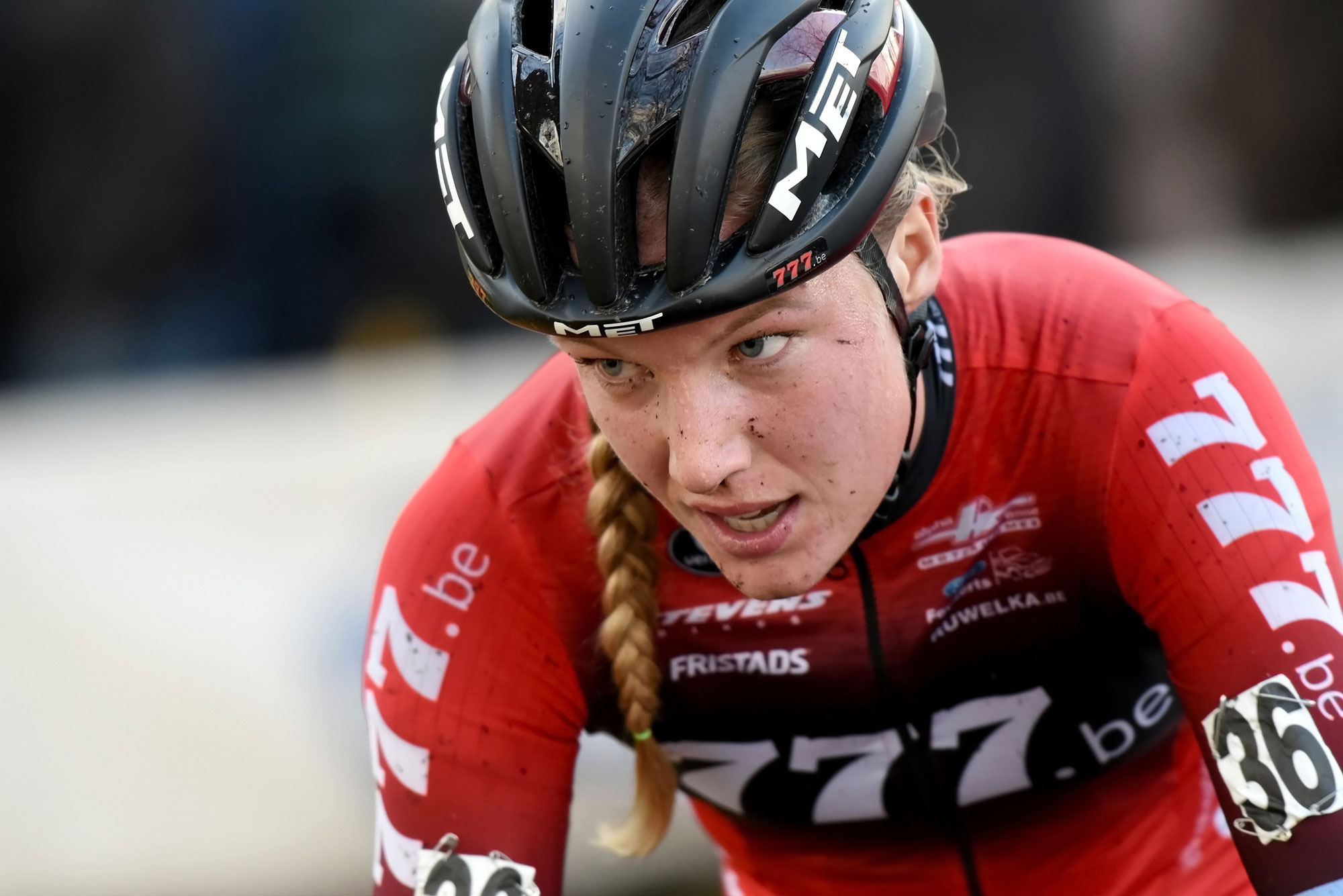
 Sport Psychology Pathway
Sport Psychology Pathway
Experts in this Pathway
What You’ll Learn
Develop Your Mental Skills
Too often, when athletes hear terms like “mental toughness,” “sports psychology,” or “mental tools” it sounds like working with a therapist on some underlying issue that has to be addressed. Their next response is often “that’s not for me.”
But as athletes, that’s not how we should look at mental skills. Our brains and bodies are interconnected. As strong and fit as you may make your legs, if the mind isn’t equally as well trained, you won’t be able to perform at your best. Not to mention, there is plenty of research showing how much the mind can impact performance.
Top athletes already understand this and invest in their mental toolkit. But this isn’t just for elite athletes. Building a strong mental toolkit not only improves our performance in sports, but it also translates to life at work and home.
In this Pathway, our experts including Grant Holicky, Dr. Simon Marshall, Lesley Paterson, Julie Young, Dr. Stephen Cheung, and Dr. Julie Emmerman, explain not only the importance of mental skills, and how to develop them, but also how to keep them sharp and be mentally resilient in critical moments and key events when others are cracking under the pressure.
Find out how to use stoicism, build autonomy and resilience, find motivators, reframe, and engage in positive self-talk. These are the skills that enable you to sleep easy the night before a key event, help you suffer better, rally when the critical break goes up the road, and tackle technical singletrack with confidence.
Raise your mental game, reach new goals
Coach Grant Holicky talks in this video about why it’s so valuable to focus on building mental strength, and he also debunks some of our preconceived ideas. While addressing anxiety and self-doubt is part of mental strength, there’s more to it. As Holicky explains, you can’t separate your mind from your body. Regardless of how strong your legs are, if they aren’t working in sync with your mind, your legs won’t be able to perform as well as you had hoped. Holicky describes a series of studies where athlete performances were heavily impacted by their mindset. Simply looking at pictures of people smiling or frowning affected the athlete’s ability to time trial.
You can train your body to be at its best, but without a strong mind, you will stop short of your full athletic potential. Click below to watch this video.
Mental Toughness
Chimp Brain vs. Professor Brain
In this episode of Fast Talk, we talk with the authors of “The Brave Athlete: Calm the F***k Down and Rise to the Occasion,” Dr. Simon Marshall joined by pro triathlete, and coach Lesley Paterson. Big believers in the importance of mental toughness in athletes, they do not feel that the answer lies in modern self-help psychology. Instead, they draw upon long-standing concepts rooted in stoicism.
Dr. Marshall proposes that the mind has two “brains” that are constantly at war with one another: the professor brain and the chimp brain. The chimp brain is motivated by fear and base instincts. It’s the part of the brain that prevents us from sleeping the night before a race and tells us that we can’t possibly win while standing on the start line. The professor brain helps us take effective action to increase our chances of success. But the chimp brain is a much older, and the more powerful part of the brain, so we have to give the professor brain the tools it needs to overcome the chimp.
In this episode, Dr. Marshall and Paterson tell us how to empower our professor brains to take control on race day. Click below to listen to this episode.
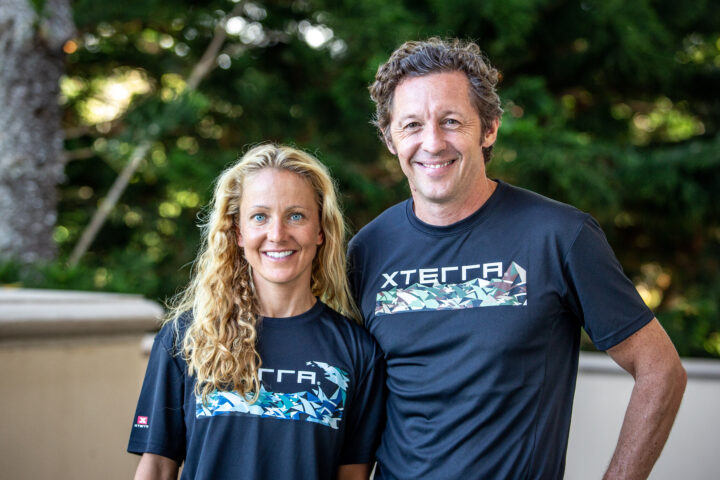
How to Manage Unwanted Thoughts Through Stoicism, with Dr. Simon Marshall and Lesley Paterson
High performance sports psychology
The legs of an elite endurance athlete are a well-oiled machine that can “pir” through efforts that would break the legs of ordinary people. These impressive legs were built through a mix of specific interval work, weight training, stretching, foam rolling, and a great deal of time out on the road. The elite athlete’s mind works the same way. Top athletes build a mental toughness that allows them to stay focused and positive where others would cave to stress and self-doubt. This elite mindset has to be trained just as much as the legs, requiring a dedicated practice and a variety of mental tools.
In this episode of Fast Talk, sports psychologist Dr. Julie Emmerman talks with us about the various tools she uses to develop a peak mindset in professional athletes across a vast range of sports including cycling, MMA, and the NHL. Find out how to improve your own mindset with these tools, which include building confidence and resilience, the power of reframing, the use of self-talk, and much more. Click below to listen to this episode.
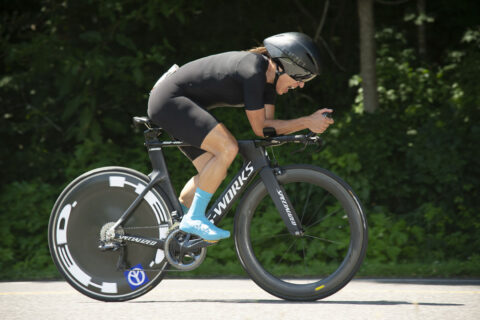
Performance Psychology with Dr. Julie Emmerman, Payson McElveen, and Grant Holicky
Breaking brain barriers
The mind is a powerful tool that can drive us to achieve performances we wouldn’t have believed possible. But our minds can also limit us. They can convince us we have reached our limits when we still have more to give. While physiological limits are real, it’s often what we believe to be our limits, and not our actual limits, that determine the result on race day.
In this article, Dr. Stephen Cheung describes the various mental tools that allow us to close in on our true limits. These tools include deception and being selective about when to use feedback and when not to. Click below to read this article.

Shatter the Mental Ceiling on Performance
Master your weaknesses
Being mentally resilient relies on the ability to curb your emotional response to negative stimuli—particularly to criticism and tough feedback. Like it or not, mentally strong athletes always want to know where they are at with their fitness and skills. Even when that entails feedback they don’t want to hear.
In this video, Grant Holicky explains how to adjust your mindset around feedback and criticism, and how to use it to change your training for the better. He describes how high-performing athletes pursue self-determination, which gives them resilience and motivation. These athletes curb their instinctual response to a harsh comments or the tough truth. They process the feedback: deciding what to trust, what to ignore, and what to use to improve both training and performance, and the rest of life. Click below to watch this video.
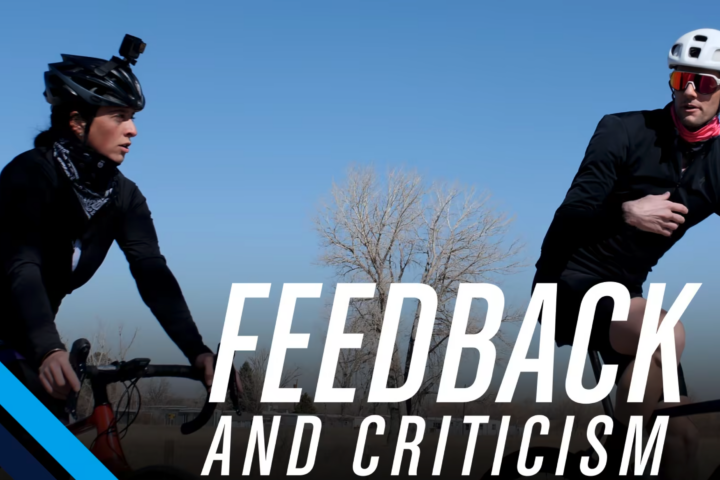
Accepting Feedback and Criticism
Take control of the little voice in your head
A big part of mental toughness is controlling how we talk to ourselves. When others are questioning you and self-doubt starts rearing its ugly head, you need to keep your internal dialogue positive and focused.
In this video, Grant Holicky explains the importance of self-talk and its various forms—some self-talk is unconscious, while other talk is conscious and deliberate. Regardless of the form, self-talk is something we can practice and train. Find out what form works best for you or the athletes you coach. Click below to listen to the episode.
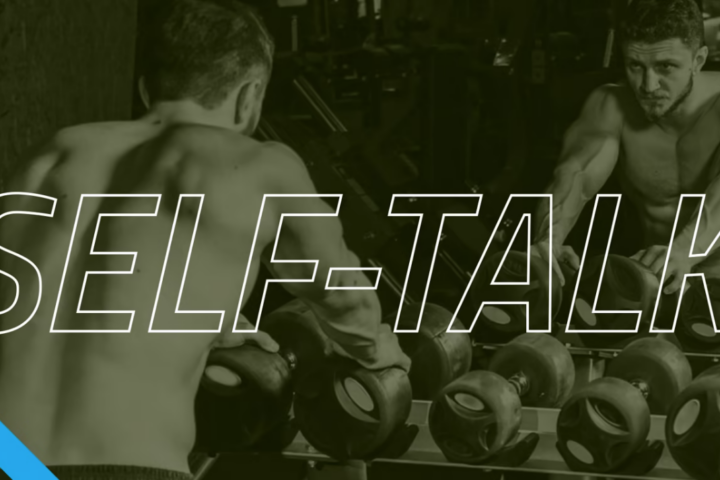
Effective Self-Talk
Racing Mindset
Nerves of steel
Anxiety is an all-too-familiar foe for most of us when it comes to racing. Months of training, preparation, and careful planning can all come crashing down if the stress of a big event overwhelms us. An anxious mindset can lead to poor sleep, an inability to focus, and second-guessing your ability.
In this video Chris Case interviews Coach Grant Holicky, asking what we can do about race anxiety. Holicky addresses why we feel anxious, how we can better control our reactions, and use visualization and reframing to our advantage. But perhaps his most valuable message is that stress and anxiety are natural. We can’t prevent them from showing up at the big race. Instead, the best thing we can do is change our relationship with stress and learn to use it as a motivator instead of a hinderance. Click below to watch this video.
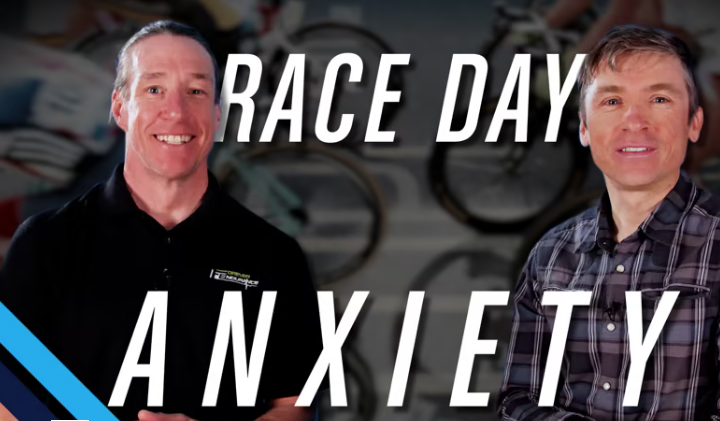
How to Manage Race-Day Anxiety
Dominant thought
Whether it’s the Tour de France or the local weekend race, the competition often comes down to a few athletes fighting it out for the win. Despite being equally matched, this is often where one rises to the occasion to turn out that extra bit of form, while the other hits a mental limit or, in the worst-case scenario, pulls over and stops racing. The difference between the win and the DNF often comes down to the mind.
In this episode of Fast Talk, we talk with sports psychologist Dr. Brian Butki about an important concept called dominant thought. We are only capable of focusing on one thought at a time, and that thought can play a critical role in how our race plays out. If your dominant thought is that you can’t hang on, it will become your reality. When you make your dominant thought the belief that you can drop your competition, you stand a better chance of success.
Dr. Butki discusses how to control dominant thought in races, how to use trigger words, and task- and ego-oriented methods to build mental resilience. Click below to listen to this episode.

How to Race and Win with the Right Mindset
Overcoming obstacles
In March of 2020, endurance athletes experienced a collective setback. After four or five months of preparation and solid base training, the season was put on hold and in most places around the world, it never started back up. While this was a unique scenario, we collectively experienced something that athletes experience every year—the stress and disappointment of a setback that derails our training and racing, whether it be as a result of injury, illness, or family matters.
In this episode of Fast Talk, sports psychologist Dr. Julie Emmerman draws on her vast experience helping athletes navigate setbacks to deal with the stress and anxiety of the pandemic. Her advice is useful for any athlete dealing with disappointment. Hear what Dr. Emmerman has to say about how to address mental balance in training, how to cope with anxiety, and how to find motivation when our biggest motivators no longer exist. Click here to listen to this episode.
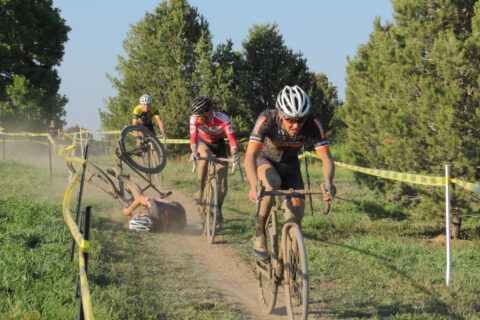
Psychological Tools to Deal with Disappointment, Defeat, and Uncertainty with Dr. Julie Emmerman
Managing Discomfort
Adjust your comfort level
Discomfort is a big part of all endurance sports. Whether it involves pushing the edge of your limits for your best performance in a race, or simply getting over that climb on your group ride, discomfort is always there. But with good management, discomfort can quickly turn into a sense of accomplishment.
Julie Young writes about the ways that athletes can learn to manage discomfort. Ultimately, it comes down to motivation. You aren’t going to push through discomfort, or even pain, unless there’s something motivating you to push through your perceived limits. That motivation is different for each athlete. Are you intrinsically or extrinsically motivated? Do you feel a sense of purpose? Are you having a good or bad day? These questions provide guidance on how to become comfortable with being uncomfortable. Click below to read this article.
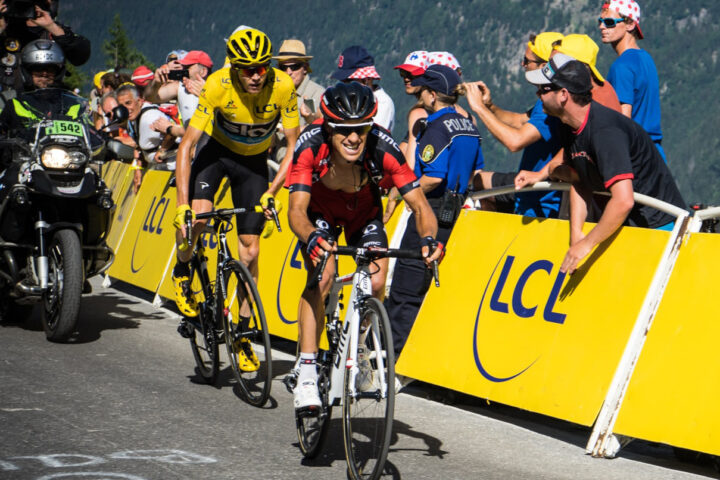
How to Be Comfortable Being Uncomfortable
It’s all in your head
Discomfort and pain are the body’s way of saying it is struggling and we need to be attentive to what’s going on. Athletes tend to ignore the signals, but eventually what started out as discomfort can give way to fatigue.
Fatigue is the body’s way of saying “enough is enough.” It forces us to slow down. Muscle damage, glycogen depletion, and an elevated body temperature are just a few of the sources of fatigue. While their physiological mechanisms are very different, the result is the same—you can’t go as hard. But, ultimately, it’s the brain that processes these physiological decisions, causing fatigue. In this episode of Fast Talk, Dr. Stephen Cheung talks about the signaling mechanism of fatigue, and what can be done to convince the brain to delay fatigue. Click below to listen to this episode.
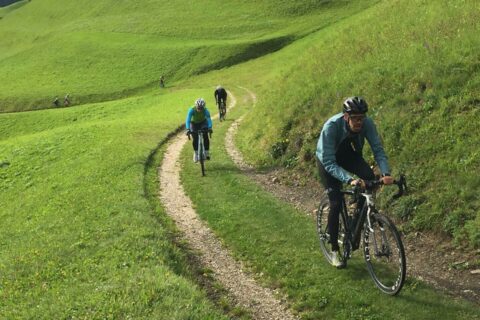
Why Fatigue May Be All in Your Mind, with Dr. Stephen Cheung
Discomfort: Type 2 fun!
Discomfort in its worst form becomes pain. All endurance athletes are familiar with the pain of a hard race or tough climb. Ultimately, we all have to face it. In this video, Coach Grant Holicky, pulls together much of the advice on how to manage discomfort and build mental toughness, and applies it to pain. Pain remains a perception, something that we can manage or even change with the right tactics. Holicky covers six tactics here, including goal setting, self-talk, imagery, and putting pain in a positive light. Click below to watch this video.
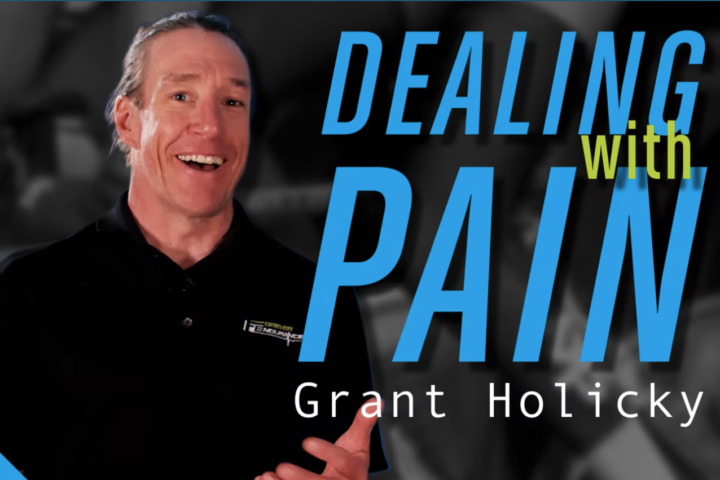
Six Ways to Deal with Pain
Goal Setting and Balance
Finding balance in your life
Even the most mentally tough athlete can’t reap the benefits if they are out of balance. Over time, the strongest athletes balance sport, life, and work.
In this episode of the podcast, Cycling in Alignment, Colby Pearce explores a philosophical approach to balance as yin and yang, explaining how this Buddhist philosophy applies to our lives. Click below to hear this episode.

Work-Life Balance in the Context of Cycling
Reaching your goals
Setting goals is important. But simply having goals isn’t enough. Your goal might be to podium at a particular race, but what does that mean for strategy and action as the race gets underway? Likewise, you can set a goal of raising your threshold power or 10K pace, but what does that mean when you head out to do your next workout?
In this video, Coach Grant Holicky explains the process of goal attainment, or how to turn your goals into actions. Master this process using the key mental skills of autonomy, competence, and relatedness. Click below to watch this video.
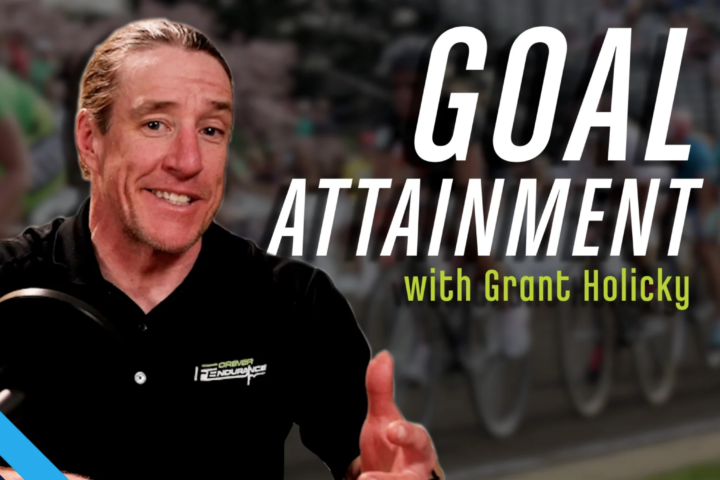
The Process of Goal Attainment
Join the conversation
Do you have additional sports psychology questions that you would like answered by our staff and endurance community? Head over to our Forum and post there to collaborate, find additional answers and insights, and contribute tips for boosting mental strength.
STILL NEED HELP?
Training your brain is an exciting new avenue for training and racing. If would you still like more personalized help, schedule a free consultation with us, and we will help you develop an individualized plan moving forward.
